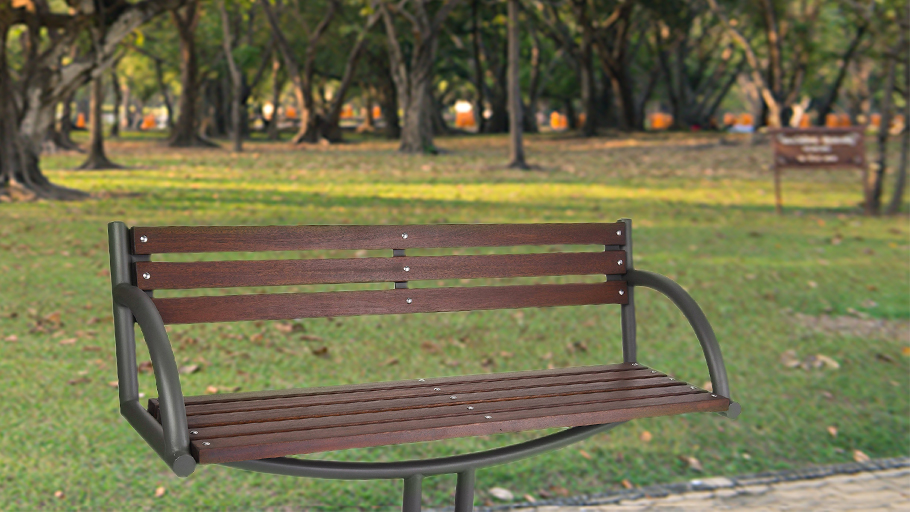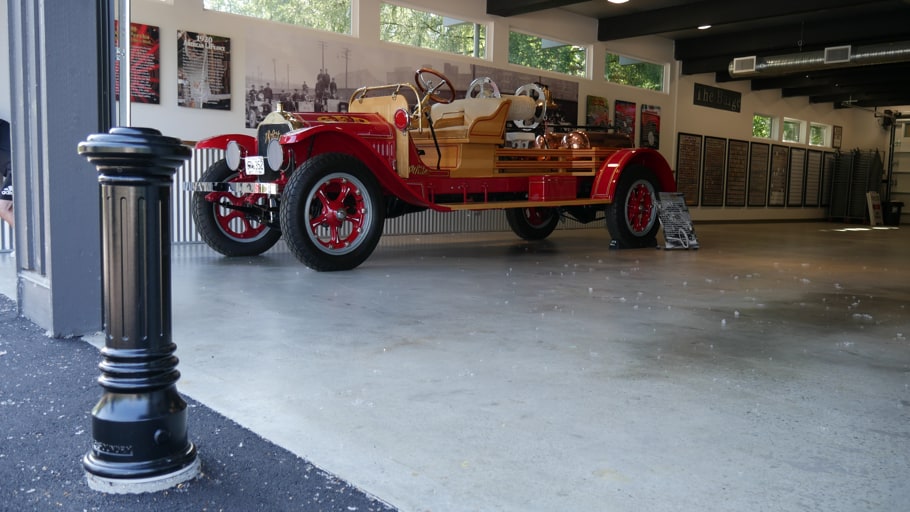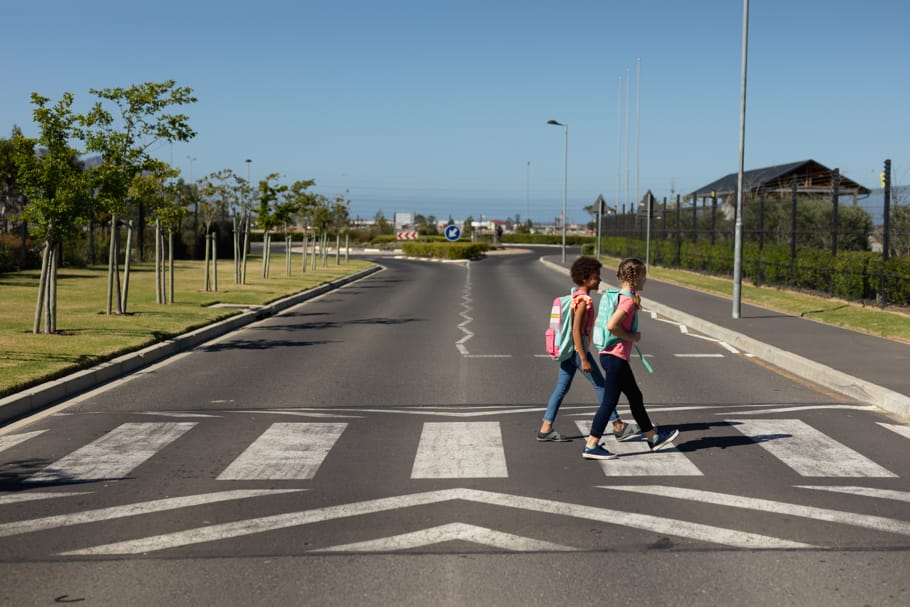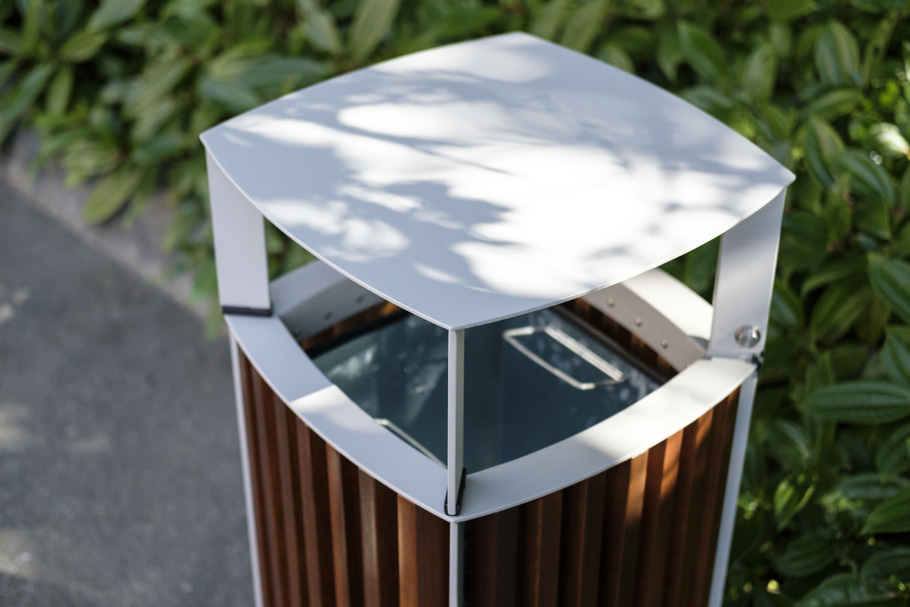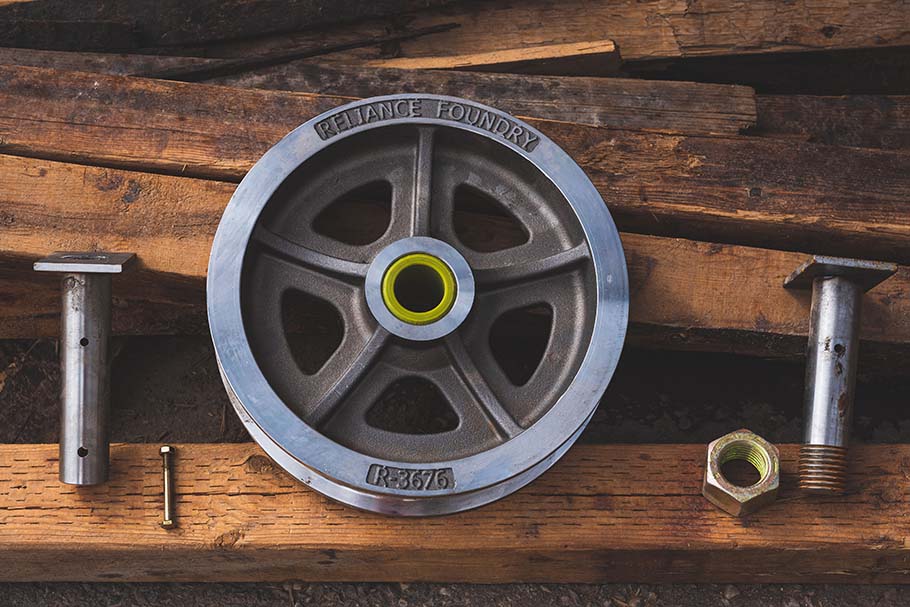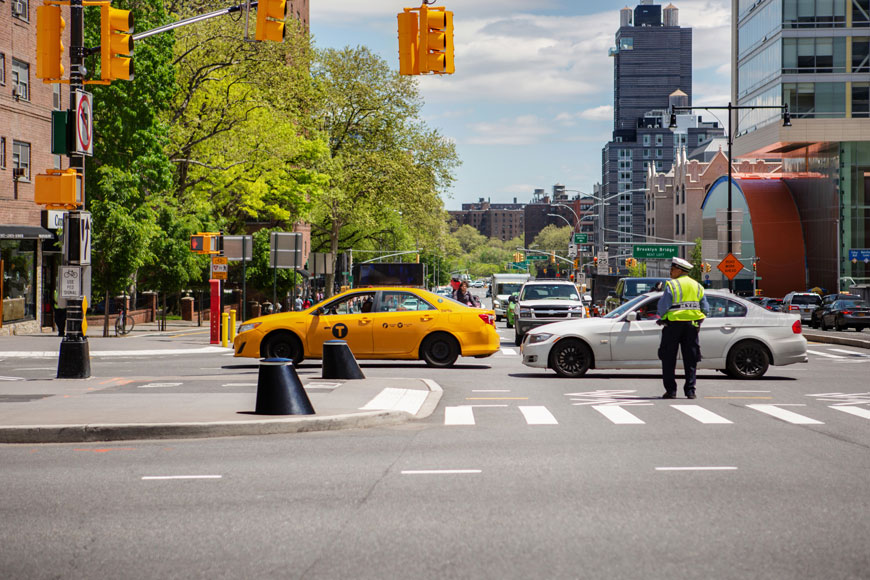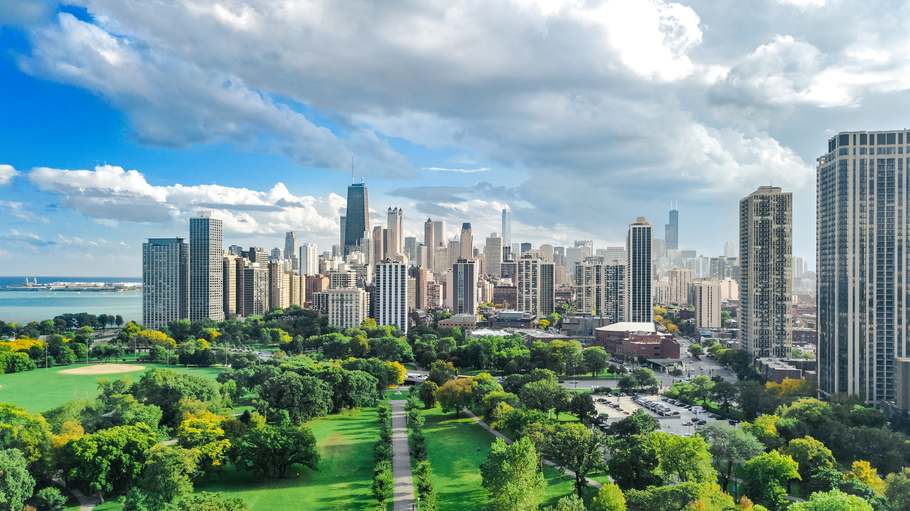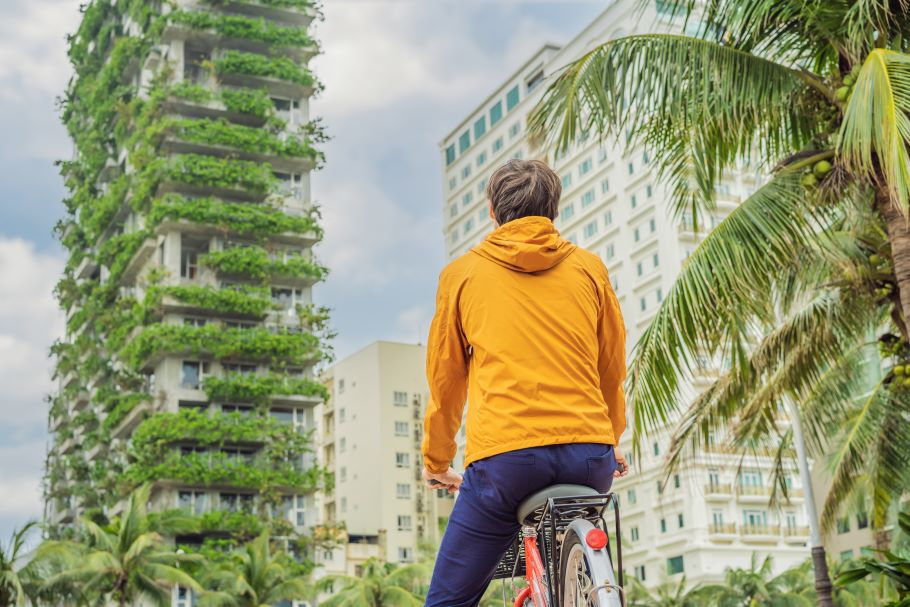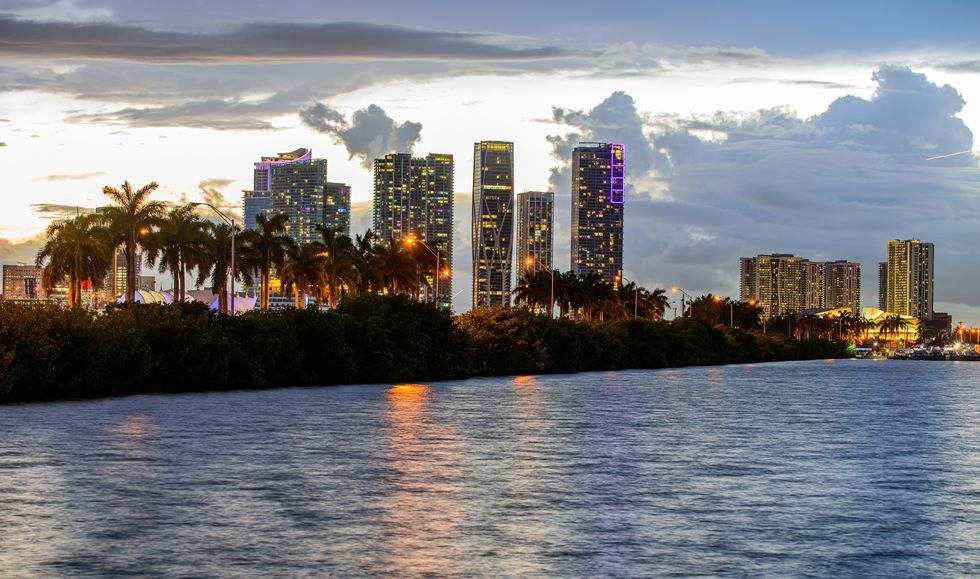Oregon is leading the way with bicycle friendly initiatives
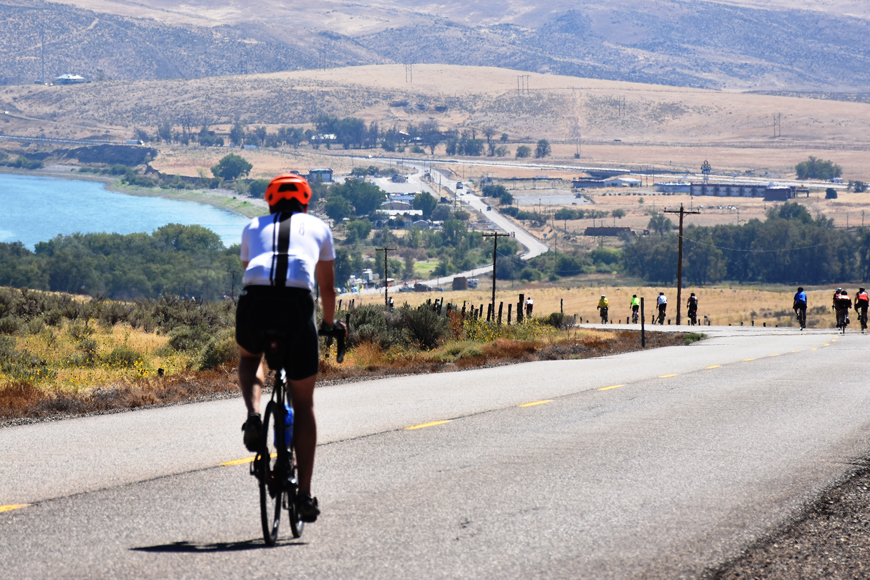
The popularity of cycling in Oregon has skyrocketed over the past decade. A growing number of bicycle tourists are flocking to the state to take advantage of its beautiful scenic bikeways and well-developed urban bike lanes. Oregon recognizes cycling as an essential mode of transport, with the added benefits of alleviating road congestion, improving public health, and helping the state meet its greenhouse gas reduction goals. Cities throughout Oregon are investing heavily in cycling infrastructure, an investment which has triggered rapid economic growth in the bike industry and bicycle tourism. Smart businesses are responding to the growing market by making their premises bike friendly.
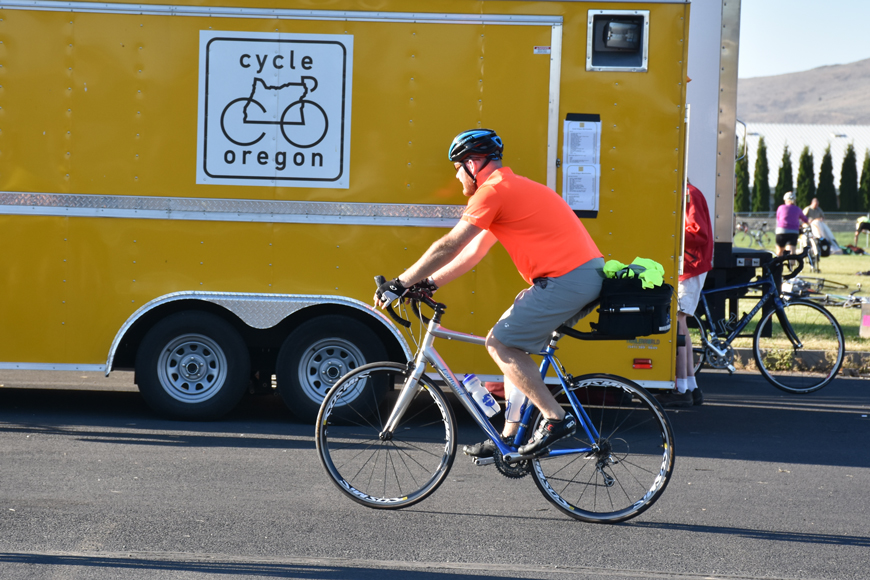
Expanding bicycle infrastructure
Ridership in Portland alone has more than doubled since 2006. Cyclists in Portland are now making more than 23,000 trips per day. An estimated 7% of Portlanders now commute, run errands, and attend social events by bike while riding over 300 miles of dedicated bike lanes and greenways.
Compared to most American cities, Portland already sounds like a cyclist’s paradise, however the city is committed to developing its cycling infrastructure even further. The Portland Bicycle Plan for 2030 sets out a vision for a radically bike friendly future. Portland plans to make cycling a fundamental pillar of its integrated transportation system. Eventually, Portland will be a low-emissions city where more than a quarter of all daily trips are taken by bike. To reach that future, Portland will need to double its existing bikeway network.
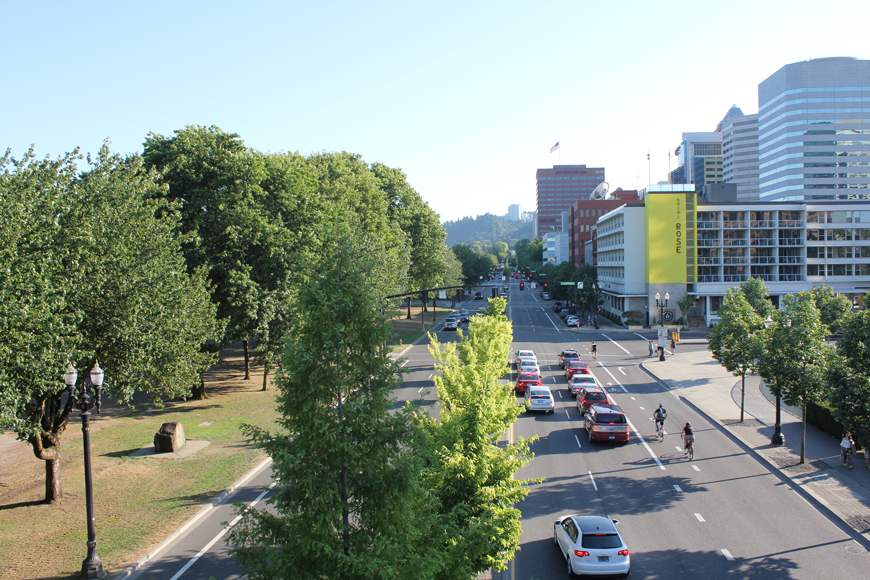
Well-developed bike lanes aren’t the only factor in creating a functional bicycle network. Bike access is important, and not always available to people. In 2016, Portland launched its BIKETOWN program, which logged 600,000 miles in its first year. 26% of those trips would have been done in a car if the bicycles were not available.
All these bikes need high quality bike parking. People arriving at a business or popular public space need a secure and legal place to lock up. Ayleen Crotty, editor at ORBike.com points out that “Many Oregon cities understand that a lack of bike parking is one of the major barriers to cycling and they are making it easier than ever for companies to install bike parking.”
The Portland Bureau of Transportation has come up with its own creative solution to encourage companies to install bike parking. It invites businesses to apply for one or two free bike racks every year. Some forward-thinking Oregon cities have even begun replacing car parking with high capacity bike corrals.
Cyclists are an active, loyal customer base
Portland’s commitment to cycling infrastructure and education has earned it a rare ‘Platinum’ bicycle friendly rating from the League of American Bicyclists. Other cities across Oregon are close behind – Ashland, Corvallis, and Eugene have all earned a ‘Gold’ rating with the League.
Bike friendly economics
There are many benefits to a bike friendly city plan. Increased ridership results in reduced traffic congestion and air pollution, sustainable economic growth, and a healthy, engaged community. As more roads and businesses become bike friendly, more people are choosing to travel on two wheels. Businesses that work with city and state plans to become bike friendly stand to benefit most from the resulting economic growth.
Businesses have an economic incentive to ensure that there is plenty of bike parking nearby. Bike parking is remarkably efficient: it takes ten times less space per vehicle than traditional car parking. This is a game changer in dense urban centers – by simply converting to bike parking, a business can create access for nine additional customers without investing in any additional space.
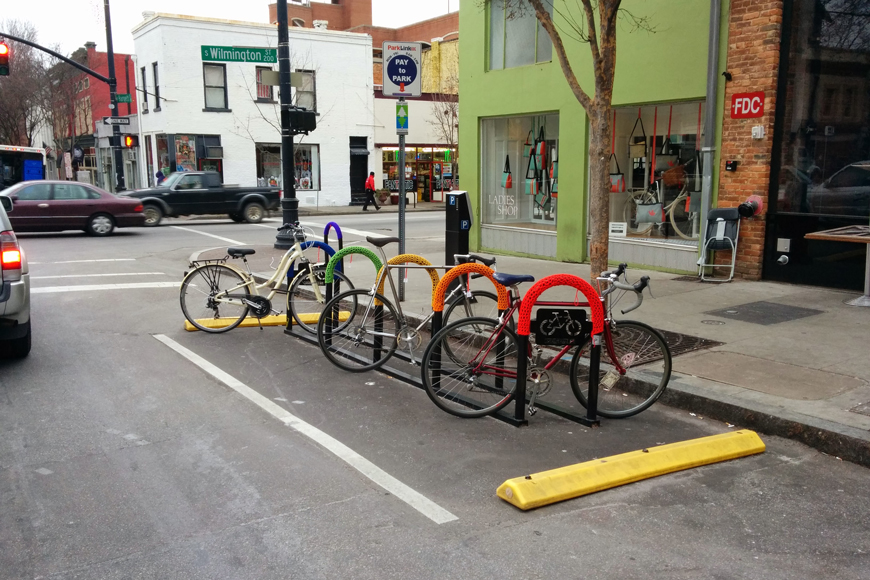
Business owners have traditionally been skeptical about replacing vehicle parking with bike corrals, however evidence suggests that replacing vehicle parking with bike parking actually helps business. Cyclists are an active, loyal customer base. They are more likely to make unplanned stops, and bring in more revenue as a group, than vehicle operators. Cyclists are also more likely to support local businesses over national chains. A business can dramatically increase accessibility for existing customers – and attract new ones – with visible bike parking.
It’s not just local patronage businesses need to compete for. The expansion of scenic bike routes, bike share programs, and events like Cycle Oregon and the Baker City Cycling Classic have promoted the growth of bicycle tourism throughout the state. As bicycle tourism gains momentum, tourist spending on lodging, food service, recreation, and retail is beginning to concentrate in bike friendly areas.
Bicycle tourists in Oregon spent $12.4 million in 2014
That spending is not insignificant – bicycle tourists in Oregon spent over $12.4 million in 2014. Their spending was estimated to be even higher in 2015, after Oregon’s overall tourism spending experienced its sixth consecutive year of accelerated growth. Income from bicycle tourism is projected to continue growing as more bike friendly routes, businesses, and infrastructure are developed.
How to go bike friendly
Smart businesses are working to tap in to the growing cyclist market. In Oregon, there is even a government program designed to help. The Bike Friendly Business (BFB) program provides free training and recognition to businesses that want to attract cycling clientele by providing appropriate cycling amenities. The BFB program is restricted to tourism-related businesses, however any business can attract more cyclists with a few key upgrades.
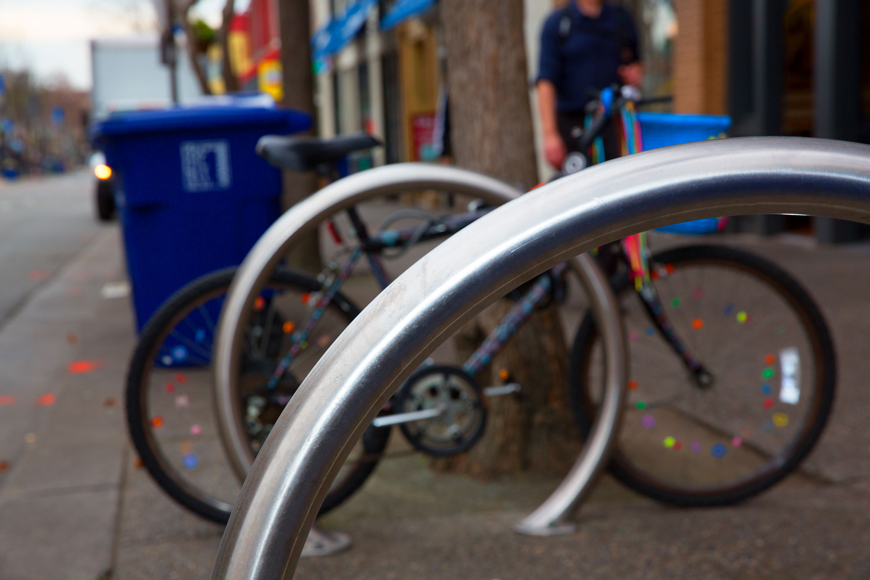
- Clearly marked, secure bike parking
- Bike friendly signs
- Floor pump
- Complimentary water station
- Bike cleaning station
- Indoor coat racks
- Public restrooms
- Customer WiFi
- Complimentary charging for phones and other electronics
These amenities will encourage cyclists to stop, stay, and spend. When a business goes bike friendly, everybody wins: cyclists benefit from essential services, while businesses gain a loyal, growing customer base. Cyclists will often plan their route to line up with as many bike friendly businesses as possible, so a well-developed bike friendly network benefits all its members.
Join the bike friendly network
Are you ready to make your business bicycle friendly? Making bike parking a priority is a way to support your customers and your business’s bottom line. Depending on your needs, you can choose from many different bicycle parking options, including commercial bike racks, bike lockers, and bollards.

